In 1995, when Peter J. Boni’s mother experienced a stroke after open heart surgery, the walls she’d built to hold back a secret for nearly half a century crumbled. In rehab, she began to tell visitors what she never told him—that his father wasn’t his father, that he’d been donor conceived. And so began a quest to learn the truth of his origins and the nature of the societal forces that led to the circumstances of his birth—the subject of his new book, Uprooted: Family Trauma, Unknown Origins and the Secretive History of Artificial Insemination.
Roughly halfway through his narrative Boni says, “Never doubt my resolve.” But his dogged determination is evident from the first page. Early on, it’s clear that after serving as a US Army Special Operations Team Leader in Vietnam, he was the go-to guy in his business sphere, where he was a successful high-tech CEO/entrepreneur/venture capitalist and more—and he tore into his personal mystery with the same can-do attitude—a tenacity that fueled him through the 22 years it took to solve the puzzle of his parentage.
Uprooted is comprised of four parts that add up to exceptional storytelling. It’s compelling memoir of a troubled childhood with an unwell father, a determination to succeed, and the challenges of grappling with the emotional fallout of his family’s secrets. It’s also an exhaustive and insightful account of the history of assisted reproductive technology; a cogent indictment of the flaws of the largely unregulated, multi-billion-dollar industry; and a rallying cry for advocacy with a prescription for change.
Boni’s scope is ambitious and he succeeds on every level. Donor conceived people will see themselves reflected in his moving testimony about the consequences and repercussions of the inconvenient truth of donor conception. Many will feel seen and heard as he describes genealogical bewilderment and the roiling emotions aroused by the revelation of family secrets, the shattering of comfortable notions of identity, and the lack of knowledge about his genetic information. It’s a must-read not only for donor conceived people but also for donors and recipient parents as well as fertility practitioners, lawmakers, behavioral health providers, and anyone contemplating creating a family through assisted reproduction. While the actors in a deeply flawed industry who are motivated solely by profit aren’t likely to be swayed by Boni’s arguments or embrace his suggested reforms, Uprooted may fuel a wildfire of advocacy that has the potential to give rise to meaningful legislation, transparency and accountability, and a true cultural shift.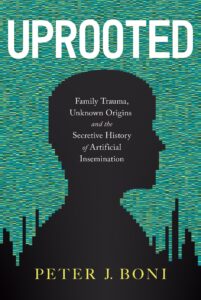 Let’s talk about language. With respect to people affected by misattributed parentage, I’m increasingly interested in the words we use about ourselves and our experiences and the words others use about us. You use the words bastard and illegitimate, mostly in the context of the history of donor conception and when discussing the societal and legal ramifications. What are your feelings about each of these words? Do you find them offensive or descriptive or neutral?
Let’s talk about language. With respect to people affected by misattributed parentage, I’m increasingly interested in the words we use about ourselves and our experiences and the words others use about us. You use the words bastard and illegitimate, mostly in the context of the history of donor conception and when discussing the societal and legal ramifications. What are your feelings about each of these words? Do you find them offensive or descriptive or neutral?
Yes, “illegitimate” and “bastard” are emotionally charged and offensive words by today’s standards, aren’t they! I wanted to share the emotional connotation of those words with the reader. I felt rather outraged by the label. To defend myself, I intellectualized it. In my research for my origins, I needed to understand the societal backdrop that fueled my parents’ decision to conceive me in such stealth via an anonymous sperm donor.
Those words were so descriptive of the then prevailing attitudes fostered by Church and State, which had evolved over centuries. A Time article, dated February 26, 1945 (near the time of my conception), amplified that backdrop. It had recapped a ruling in Superior Court on the legal status of a donor conceived child. In the eyes of the court, the wife had committed adultery, the husband was granted a divorce on those grounds, and the child was deemed “illegitimate.” The articled was titled “Artificial Bastards?” Yes, that was with a question mark. Those attitudes contributed to driving the donor insemination practice underground. My parents’ fertility practitioner coached them on how to make me look “legitimate.” They were instructed to take their closely held secret to the grave.
I used “Artificial Bastard” as the working title for my book during its early drafting (retitled Uprooted, with help from my publisher). No neutrality on my part. It was personal.
Early on and throughout much of the book, instead of referring to your biological father, you’ve referred to your “paternal seed.” I don’t believe you ever referred to your donor as your father, biological or otherwise. Why did you choose that word and what did that choice mean to you? And when speaking with your sister, you referred to “her father,” “her brother.” What went into the choice of words here?
For me, my dad may not have been biological, but I was fortunate; he wanted to be a dad and was terrific at it. He gave me absolutely no indication that he was anything other than my genetic father. Discovering 33 years after his death that our relationship wasn’t genetic actually magnified my reverence for him. It also rekindled my grief over his death. He’ll forever be my dad. Referring to my biological father as “the source of my seed” protected me from the emotional construct of the word “father” applied to an unknown person with whom I had no such loving relationship.
I discovered the source of my paternal biology thanks to a DNA test and the open embrace of my biological father’s natural daughter (AKA my half-sister). When she asked me “How should I refer to him, I mean, Dad?” I responded rather callously, but genuinely. “He’s your dad, not mine. It was never his intention to be my dad. He sold his sperm to enable someone else to be my dad.”
Her brother (my half sibling), gave me no such open embrace. Once again, to defend myself from the bonding word “brother” applied to someone who showed no interest in my existence, I found it less threatening and emotionally safer to refer to him dispassionately as “her brother.”
We sometimes use the word identity loosely–or maybe it’s more accurate to say that it means something different to different people. How do you define identity and how do you feel your identity changed after your mother’s revelation and again later when you discovered your sister and the facts of your origin?
Identity is complicated. Nature, nurture, or a combination of both?
I always credited who and what I had become (my identity) to three major experiences. First, a disruptive childhood enhanced my adaptability. Second, an education from a fine state college opened innumerable doors of opportunity for me. Third, on-the-ground service as a special operations infantry officer in Vietnam shaped my collaborative leadership style. Wait a minute! What about my DNA? I always took that for granted. My last name had its roots in Northern Italy.
“Genealogical bewilderment” was a term I studied in a college psychology class. It was applied to the adopted who had experienced developmental and belonging issues as they sought for missing pieces of their genealogy. Upon learning that I was “semi-adopted,” I poked myself. I was still the same person, but everything had changed for me. All the stories of family lore were a fabrication. My birth certificate was a hoax. If not Northern Italian, what was I? Who was I?
My dad suffered from debilitating bouts of depression. As a younger man, he could shake them off. As he aged, he could no longer do so. He took his own life when I was sixteen. Dad’s old-school Italian family treated his mental illness as a shameful flaw to be hidden, lest it spill over onto them. Suicide of a loved one creates a wound that never heals. I felt flawed, inadequate, vulnerable, abandoned, and alone. I feared that this gene might pass onto me or my offspring. I camouflaged those feelings with bravado and kept his suicide a closely guarded secret. I vowed to become accomplished, always strong, and invulnerable. Isn’t that what my future family would need from me? Had I overcompensated and shaped my behavior based upon a willful lie?
How could I feel deceived and relieved, sad and joyous, shame and pride…all at the same time? The feelings sometimes came in waves, either soft and soothing or churning and crashing. My experiences and how I dealt with them were mine. But what were the origins of my athleticism, my stamina and endurance, my intellect, and my tenacious will? Why was leadership so important to me? My identity had been challenged by this revelation. Was I the victim of identity fraud? Worse yet, was I a fraud?
My fervent need to know my genetic origins, health history and whether or not I had any siblings poured high octane gasoline on this blaze to fuel my relentless research…for 22 years…until I discovered my answers. During that process, with the help of some therapy, I bonded with the cartoon character Popeye. I still quote him often. “I yam what I yam”—no more flawed than anyone else!
Equipped with a healthier sense of myself, I finally uncovered my paternal genealogy (the source of my seed), a giving sister, and my genetic health history, all of which I could share with my children. With my persona intact, I better understood the origin of some of my characteristics, physical and otherwise. I wasn’t looking to create a new family. I had a loving one. But this unveiling was such a home run for me! I’m an only child with a couple of siblings I adore. We have a terrific friendship based upon unusual circumstance. Mission accomplished! I feel whole and complete. I am donor conceived, and I know my truth.
I find it interesting that we say “I am donor conceived” or “I’m an NPE” as opposed to I was donor conceived or I was an NPE, as if being donor conceived or an NPE isn’t something that happened to us but something we are. What are your thoughts?
I was born on December 12th. In astrological terms, that makes me a Sagittarius. It isn’t that I once was a Sagittarius. I am a Sagittarius. It isn’t that I was an NPE, misattributed, donor-conceived. I am. I will be donorconceived for the rest of my life. It can’t be changed. That truth has not defined me, but it does add to my identity.
Several times you used the word logical—as in “I was a logical Guidaboni.” I don’t recall seeing that before. Can you explain why you used that word and what it means to you?
My Italian cousin Eddie deserves the creative footnote for “logical.” He was the first of my paternal relatives with whom I shared my newly discovered donor conception. Since our relationship was no longer biological, Eddie coined me his “logical” cousin; a “logical” Italian. Doing so acknowledged our mutual feeling that blood alone does not define family. We were both keenly aware that we shared common experiences, common family stories of victory, rebounding from defeat, values and traditions, common foods, a common enemy at times (the elders when we misbehaved), and a common definition of hospitality—all part of our common upbringing.
Eddie is thrilled for me that I found my truth. It is only logical that our mutual feelings of family bond have intensified since my initial revelation and final discovery.
You used the word loneliness at one point to describe the feeling of having discovered this enormous secret in your life. Can you describe how the experience produces loneliness?
Allow me to give you a frame of reference for that feeling of loneliness.
As a small unit infantry commander in a combat zone, I led a competent team of people through the fear, stress, chaos, and confusion of hostile enemy fire. At times, I made life and death decisions in an instant, without complete pieces of information. I used those skills in my business career as a CEO in order to right organizations that had run aground. Leadership is a lonely place. There are competing opinions and interests all vying for attention. Only you hold the ultimate accountability. In war, the cost of accomplishing a mission can be as high as life or death. In business, the ultimate cost is measured in money, but it includes organizational longevity and career security, which can impact many thousands of people. These were unique experiences, from a unique perspective, shared by very few. My fellow infantry officers and fellow CEOs provided me with a sharing support group of sorts to help process those unique experiences and learn from the experiences of other people who have walked that walk. Collective wisdom is a powerful thing.
Upon this donor conception discovery, I felt genuinely alone. Who could relate? As I shared my confusing feelings with a closed circle of friends and family, their well-intending platitudes only enhanced my feelings of isolation. (“You at least know that you were loved and wanted” or “You are still the same person.”) Sure, I had empathetic friends and family and a fine trauma therapist. But throughout my entire 22 years of searching, I longed to meet and speak with other donor conceived people who shared my emotions from their own unique experiences to help me process and validate these confusing feelings. They were likely few and far between. Who were they? Where were they? Did they even know that they were donor conceived? I was surrounded by the love of so many, but I longed for company.
Moving away from language, but related to that last question, you write about having discovered the group We Are Donor Conceived. Can you talk about how important that discovery was and how it helped you not feel alone?
I received loving empathy and support from helpful friends and family. I had engaged an able therapist. They were able to “talk the talk,” but they had never “walked the walk.” No handbook was readily available on how to walk that donor conceived walk. The internet and twenty-first century technology came to my rescue.
I googled “donor conceived and misattributed people.” Up popped We Are Donor Conceived, a private Facebook group that had only been in existence since 2016. It was comprised of several thousand donor conceived people from around the globe who had experienced the impact of misattribution and genealogical bewilderment from the surreptitious practice of artificial insemination by donor.
Everyone had their own unique story. Some had learned by the surprising results of their recreationally taken DNA test. Like me, they had experienced a range of emotions—sometimes simultaneously: anger, relief, violation, deceit, curiosity, shock, shame, isolation numbness, pride, grief, confusion, embarrassment, emptiness, sadness, joy, fulfillment, indifference, or a combination of high and low feelings that changed over time with more knowledge. Members of the group shared how they had discovered, processed, and benefitted (or not) from what they had discovered.
I was no longer alone. I had a nonjudgmental community with whom to share feelings, tactics, and strategy. This community had walked the walk. The power of collective wisdom from uniquely experienced people has been priceless.
You mentioned therapy quite a bit—how important was therapy to you in navigating your discovery and in your search for your roots?
This whole identity disruption I found traumatizing. The social context in which I had grown up and spent my adulthood (in both the war room and the board room) reinforced the attitude that weak and needy people were inadequate and unsuitable for command. Only the weak needed therapy.
In my case, this genetic identity trauma triggered flashbacks of a dysfunctional childhood, three decades of grief for my dead dad that I never allowed myself to fully experience, and the PTSD of war. It was difficult for me to admit. I was a CEO who needed some professional help to navigate the volcanic fallout from my changing genetic landscape. I did so discreetly.
My therapist was deadpan serious when he said, “You hit a trifecta. Newly experienced trauma often resurges others long past.” To effectively deal with my identity disruption, I had to deal with all three issues. I never worked so hard in all my life. In the process of searching for my roots, I had discovered myself.
At one point you wrote, “My persona had become softer, yet I had grown stronger, both personally and professionally, as a result of my intense, identity-challenging ten years from 1995 to 2005.” Can you say more about what you meant by that?
Therapy hammered into me that “flawed” is a human condition. It is okay to be blemished. Everyone has baggage. My therapy constructed a better handle for me to carry it. My unresolved baggage from childhood and war ruled my behavior. Never vulnerable, always strong; make tough, logical decisions without letting my feelings get in the way. That personality profile worked for me in the jungle as a Special Operations Team Leader and certainly in my chosen career. It was not working in my adult home.
My wife and I were in the midst of a marital crisis at the outset of my trifecta. We had issues. I had learned to deny my feelings and fears. To top it off, she found that the privacy with which I carried my feelings, my invulnerable air, had robbed her of an intimacy with me that she craved. For her, our relationship had not grown. It was shallow and incomplete. The leftover anger from a traumatic, life-altering Vietnam combat experience wore thin, too.
Gaining this deeper understanding of where I came from and who I am went a long way in helping to heal my marriage. I had learned to reveal more of myself to my inner circle and to connect more intimately with my wife and others close to me.
As a CEO for companies facing difficulty, I always thought I had provided the right kind of collaborative leadership. People followed me to take the hill. But I found that by adding an air of intimacy and revealing more of myself, the quality of my leadership increased markedly, as measured by the high caliber and low turnover of the teams that I built and the size of the hills my teams were able to conquer. No hill for us climbers!
Popeye might have said “I yam what I yam.” Perfect? No! But I was able to add, “I yam better than I yam.”
What most surprised you during your research into the field of assisted reproduction?
A whole host of discoveries surprised me as I researched the scandalous history and evolution of assisted reproductive technology, but two things stand out.
First, the unregulated practice of assisted reproductive technology has enabled dozens, even hundreds, of siblings, all unknown to one another, to be conceived from the same gamete donor, with no requirements for testing or registry and with no laws to combat what we term “fertility fraud.” A friend of mine who used to breed Rottweilers said it best. “The breeding of puppies enjoys greater legislative oversight.”
Second, a staggering number of us are misattributed, for whatever the circumstances. That is compounded by the generational impact. The experts estimate that 2% to 4% of us are misattributed; our DNA and our birth certificates don’t jive. While some make a calculated case that this number is a bit less, others make a cogent case that it is actually much higher. Either way, I find that number unfathomable. For instance, in my high school graduating class of 100, using that 2% to 4% estimate, two to four of my classmates are misattributed. I’m one of them. I have helped two other classmates interpret their DNA test results to the same conclusion. In a typical family tree, we have two parents, four grandparents, eight great grandparents, and so forth. When applied a few generations out, in geometric fashion, all 100 of my classmates are misattributed to (at least) one of their third to sixth great grandparents. There are over 50 million people in DNA databases today. How many have experienced their own identity trauma with an accidental discovery? How many more have yet to discover that something doesn’t jive? There remains much more trauma yet to come.
There’s been some criticism of those of us who believe both that genetic inheritance matters and that we have a right to know our genetic identity, and that this emphasis on genetic information promotes the primacy/superiority of genetic family at the expense of nontraditional families? How would you respond to such criticism?
The right to know one’s genetics and the bonds of family, traditional or nontraditional, are not mutually exclusive. For instance, I can love my dad, not biological, and want, even need, to understand my genetics all at the same time. My “logical” cousin, Eddie, would agree.
As you know, many aren’t able to put all the pieces together as you did or haven’t found welcoming family. It may be hard to imagine, but how do you think your life might be different now had you not put together the pieces, had you not figured out the source of the seed, had you not been embraced by new family?
To put my answer to this question in context, I ran PSYOP missions in Vietnam. At times, we conducted Operation Wandering Soul. It exploited the superstition that the dead must be put to rest in their ancestral burial ground or their spirit would be doomed to wander forever.
I have reaped the benefits of therapy to better carry my baggage. I never aspired to develop a new family. My new sibling relationships are a bonus. In the absence of my final discovery, however, I expect I’d remain emotionally healthy, but the fire of genealogical bewilderment would endlessly rage within me. I imagined that I would be that agonizingly Wandering Soul, never at rest.
How did the experience of writing this book change you, if at all?
Before writing this book, I considered myself a retired venture capitalist, former high-tech CEO, combat veteran, non-profit leader, recreational sailor, and fun-loving grandfather. I still am. But this experience awoke my inner Don Quixote.
Mark Twain once said “The two most important days of your life are the day you are born and the day you find out why.”
Today, I am an author and an activist for the rights of the donor conceived.PETER J. BONI credits his disruptive childhood, a state college education from UMass Amherst, decorated on-the-ground service as a US Army Special Operations Team Leader in Vietnam (coined his “Rice Paddy MBA”), plus luck-of-the-draw DNA with making him the person he is today. Out of his accomplished business career (high-tech CEO, venture capitalist, board chairman, non-profit leader, award-winning entrepreneur, senior advisor) grew his first book, All Hands on Deck: Navigating Your Team Through Crises, Getting Your Organization Unstuck, and Emerging Victorious. The father of two and grandfather of three, he lives on Cape Cod, Massachusetts. Find him on the web, on Twitter @PeterJBoni1, and on Instagram @peterjboni.
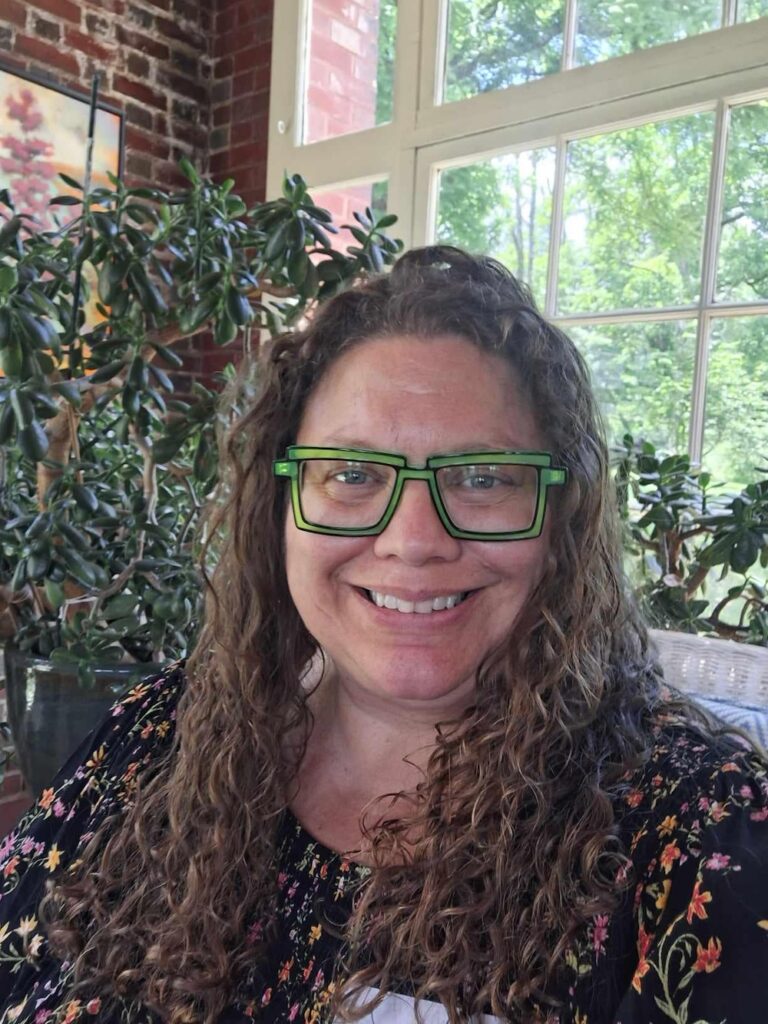
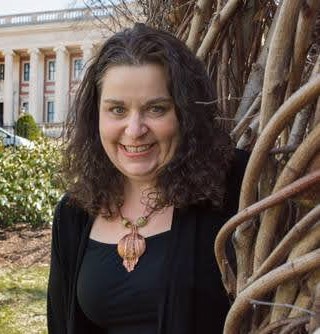
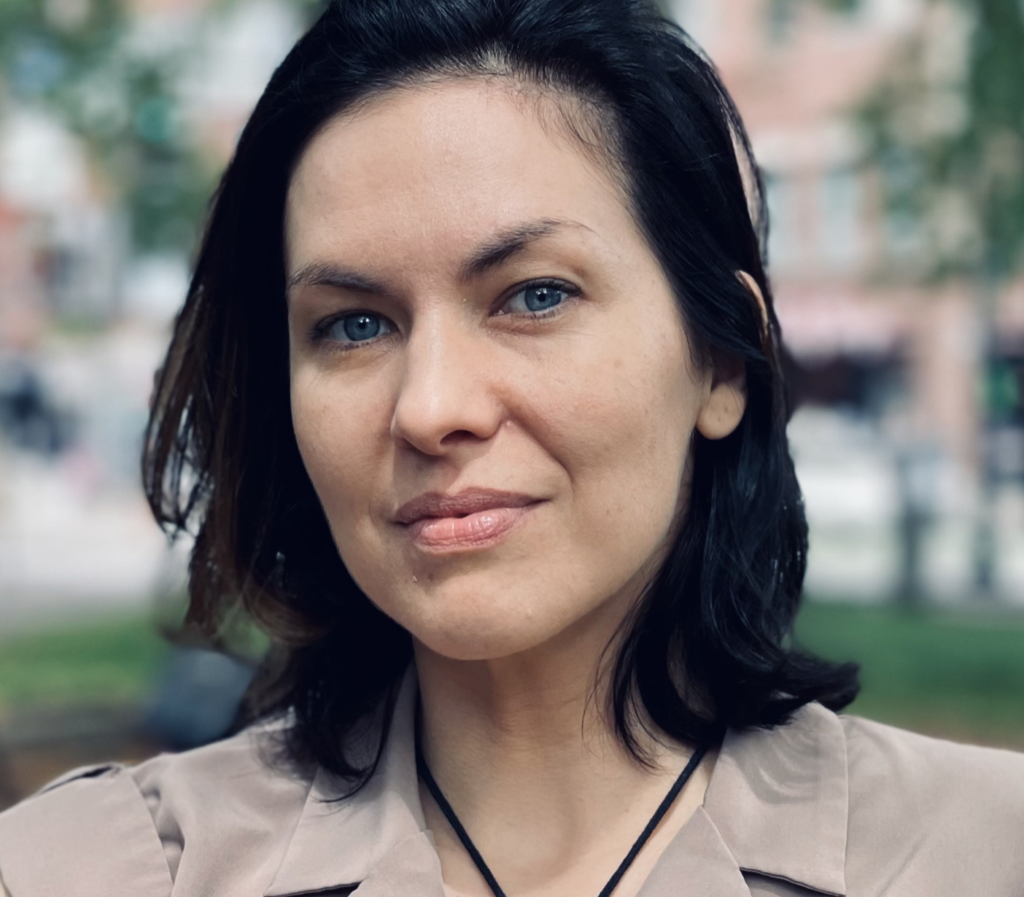
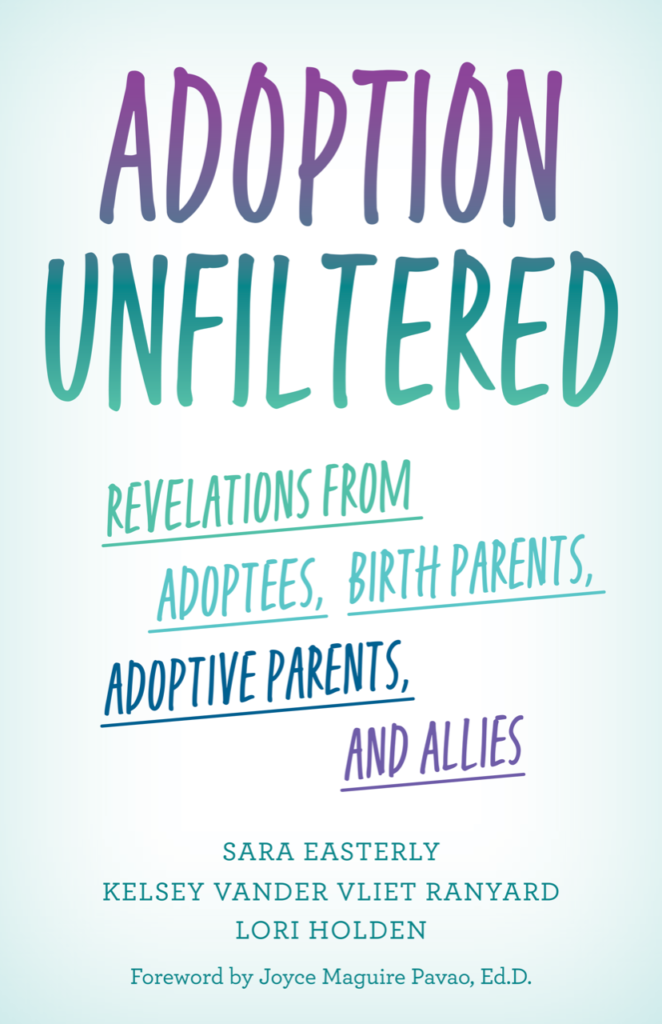
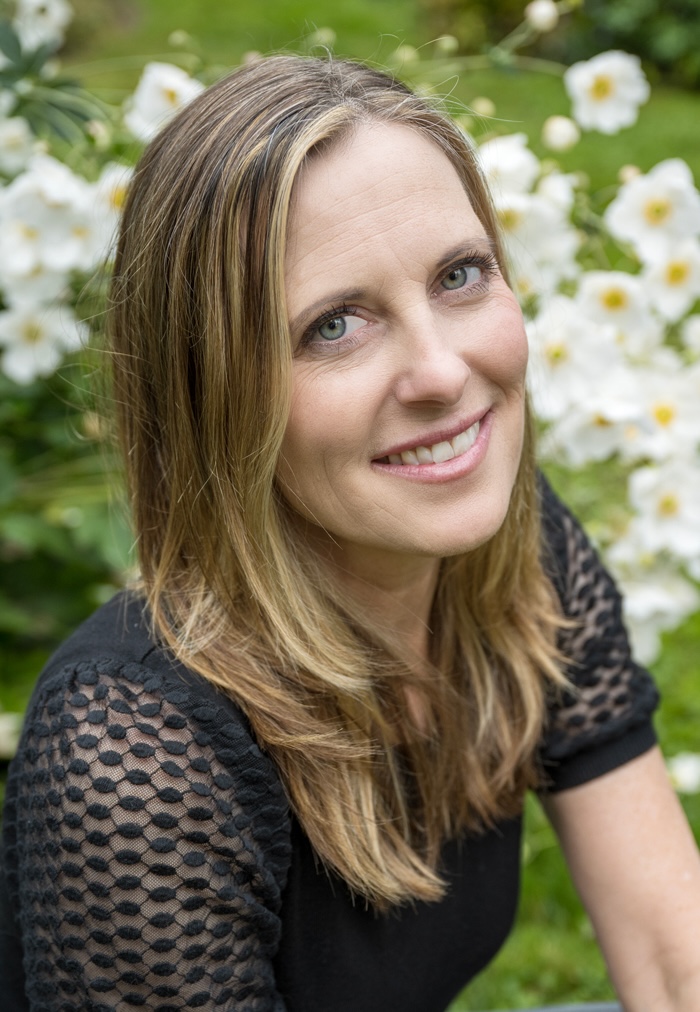
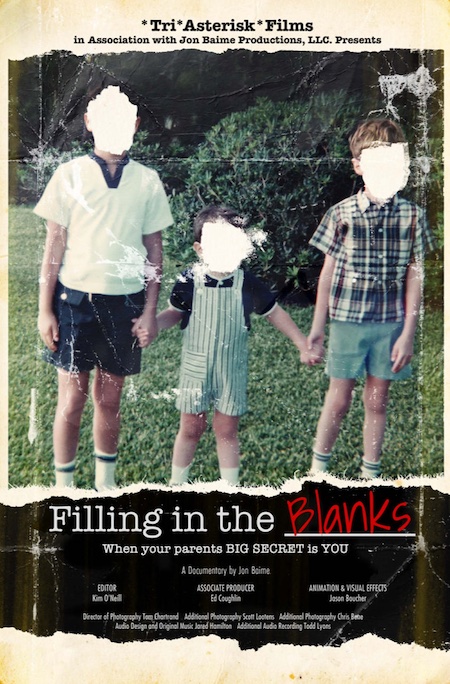
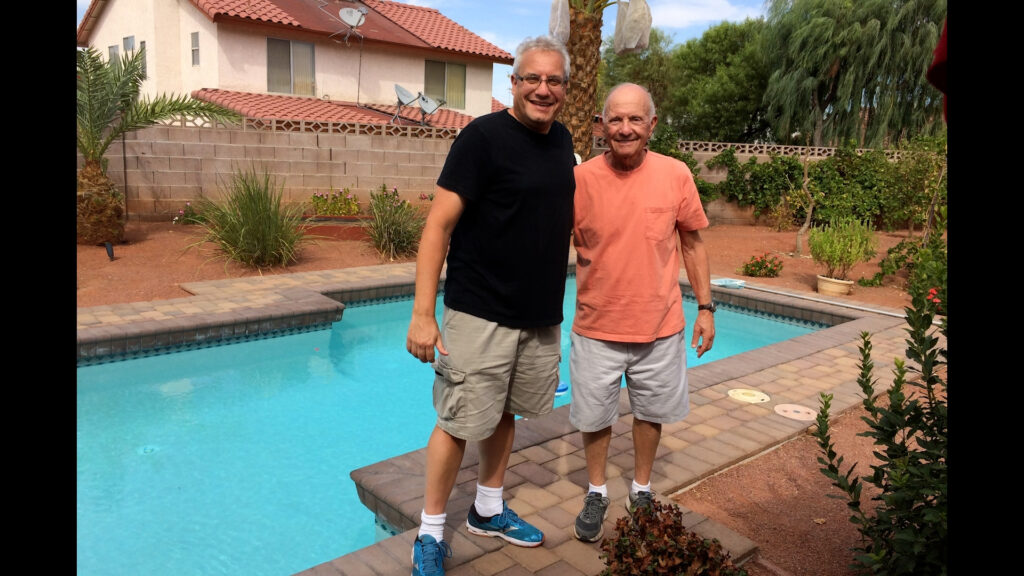
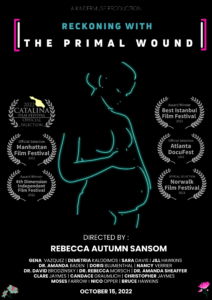 How and why did you become a filmmaker?
How and why did you become a filmmaker? 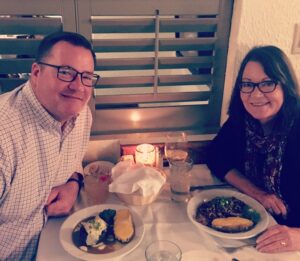
 Let’s talk about language. With respect to people affected by misattributed parentage, I’m increasingly interested in the words we use about ourselves and our experiences and the words others use about us. You use the words bastard and illegitimate, mostly in the context of the history of donor conception and when discussing the societal and legal ramifications. What are your feelings about each of these words? Do you find them offensive or descriptive or neutral?
Let’s talk about language. With respect to people affected by misattributed parentage, I’m increasingly interested in the words we use about ourselves and our experiences and the words others use about us. You use the words bastard and illegitimate, mostly in the context of the history of donor conception and when discussing the societal and legal ramifications. What are your feelings about each of these words? Do you find them offensive or descriptive or neutral?